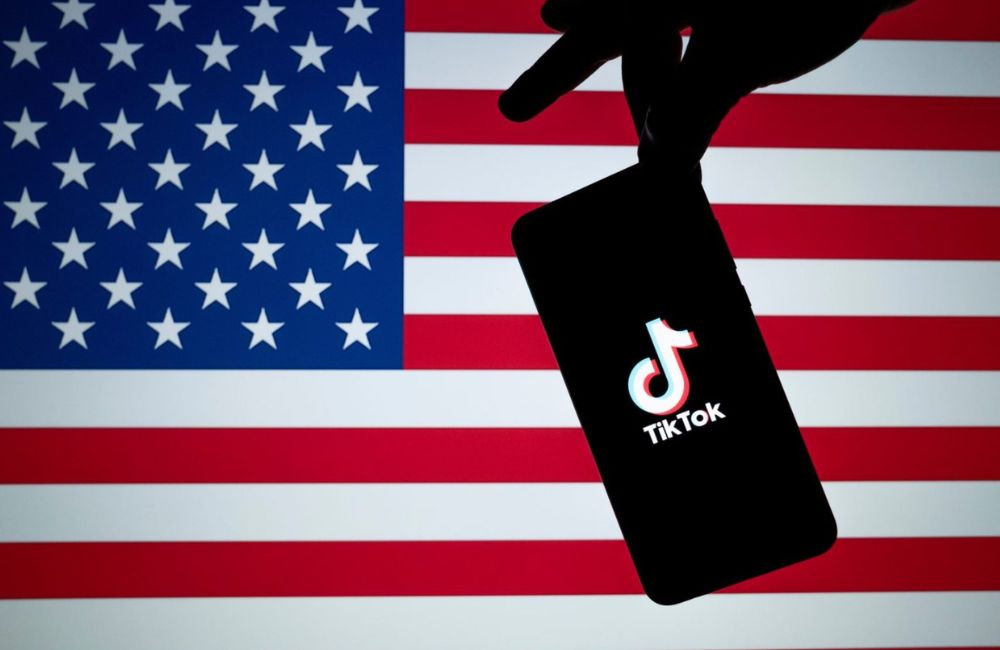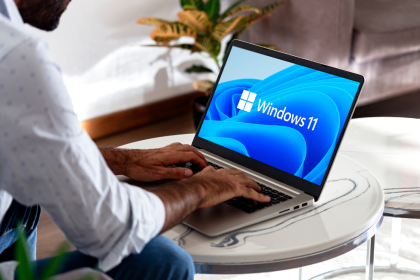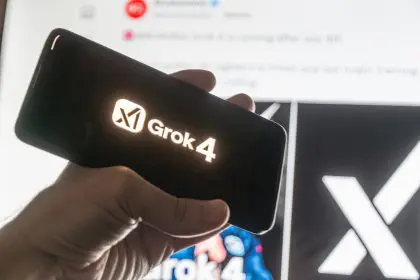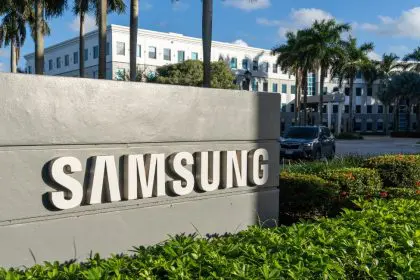TikTok has returned to the Apple App Store and the Google Play Store in the U.S. The platform’s return marks a significant shift in the ongoing dialogue between U.S. authorities and Chinese tech companies, setting a new precedent for international tech relations.
The social media platform was removed from both app stores in the country on January, 19, 2025 – the day before President Donald Trump’s inauguration – and went offline over national security concerns because it is owned by Chinese company ByteDance, though the app has now returned to the online marketplaces after Trump assured Apple and Google neither will face penalties for offering TikTok on their services. ByteDance, one of the world’s most valuable private companies, has been at the center of international technology disputes throughout this process.
Once he took office last month, the President restored TikTok’s service in the U.S. and granted the company a 75-day ban delay, so long as ByteDance sells the app to a neutral party outside of China. This decision has attracted attention from numerous potential buyers, including major tech companies and investment consortiums from various countries.
Trump has now suggested this 75-day grace period could be extended, but doubts an extension is necessary. The timeline for the potential sale has created intense speculation in the global technology sector, with several international companies expressing interest in acquiring the popular platform.
While TikTok came back online in the U.S. after Trump was inaugurated, users that deleted the platform were unable to reinstall it on the App Store or Play Store. This temporary limitation led to widespread confusion among users who had removed the app during the uncertainty period, prompting TikTok to establish dedicated support channels to assist affected users.
TikTok was initially banned in the U.S. after politicians and security officials said they believed the app could be used by China to spy on American citizens and harvest personal information from U.S. users. The concerns centered around data collection practices, algorithm transparency, and potential influence operations through the platform’s content recommendation system.
TikTok has denied Beijing has any control over the platform and said it would “work with President Trump on a long-term solution that keeps TikTok in the United States”. The company has repeatedly emphasized its commitment to user privacy and data security, implementing various measures to demonstrate its independence from Chinese government influence.
The app’s return to U.S. markets has been welcomed by content creators, marketers, and businesses who rely on the platform for their digital presence. Many had feared permanent loss of access to their audiences and creative communities during the ban period. The restoration of service has allowed these stakeholders to resume their activities on the platform, though some remain cautious about its long-term stability in the U.S. market.
This development represents a pivotal moment in U.S.-China tech relations, as it establishes new parameters for international technology companies operating in the American market. The situation has drawn attention from other social media platforms and tech companies, who are closely monitoring the proceedings for implications on their own international operations.
The temporary ban highlighted the complex relationship between national security concerns and digital platforms in the modern era. Cybersecurity experts have noted that any resolution must balance user privacy protection with legitimate national security interests, while maintaining the innovation and creativity that made the platform popular.
Industry observers suggest that this episode could lead to new standards for international technology companies operating in sensitive markets. The negotiations between TikTok and the U.S. government have already influenced discussions about data sovereignty and cross-border digital services in other countries.
The platform’s user community has demonstrated remarkable resilience throughout this period, with many maintaining connections through alternative means during the brief disruption. Cultural commentators note that TikTok’s influence on digital culture and content creation has remained strong despite the temporary setback.
The resolution of this situation could have lasting implications for how social media platforms operate across international borders. Legal experts suggest that the final agreement between TikTok and the U.S. government might serve as a template for future cases involving foreign-owned technology companies.
As discussions continue, both ByteDance and the U.S. government face the challenge of crafting a solution that addresses security concerns while preserving the platform’s user experience and creative ecosystem. The outcome of these negotiations could shape the future landscape of global social media and technology governance.
















